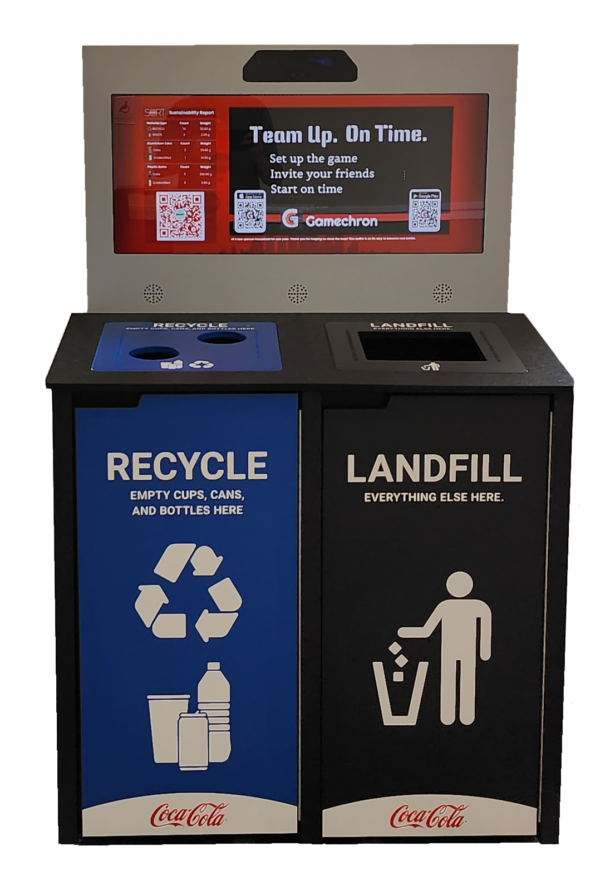As the world grapples with the challenges of waste management and environmental sustainability, innovative technologies are emerging to reshape the future of recycling. Beyond the traditional blue bin, these advancements are revolutionizing the way we think about recycling and are paving the way for a more efficient, effective, and sustainable approach. In this blog post, we will explore some of these groundbreaking technologies that are shaping the future of recycling.
One of the most exciting developments in recycling technology is the integration of robotics and artificial intelligence (AI). Robotic systems equipped with AI algorithms are capable of efficiently sorting and separating different types of waste materials. These robots can identify and categorize items based on their shape, size, and material composition, ensuring that recyclables are properly sorted and reducing contamination. With the ability to process vast amounts of waste quickly and accurately, robotics and AI are transforming recycling facilities and increasing recycling rates.
Optical sorting systems are another innovative technology that is revolutionizing recycling. By using advanced sensors and cameras, these systems can analyze waste materials in real-time and sort them based on their optical properties. For example, optical sensors can distinguish between different types of plastics and sort them accordingly. This technology enables more efficient and precise sorting, resulting in higher quality recycled materials and reduced waste.
While recycling is crucial, not all waste materials can be recycled economically or practically. In such cases, waste-to-energy conversion technologies offer a viable and sustainable alternative. These technologies, such as incineration and anaerobic digestion, convert non-recyclable waste into energy sources like electricity, heat, or biofuels. By harnessing the energy potential of waste, we can reduce dependence on fossil fuels and mitigate greenhouse gas emissions, contributing to a cleaner and more sustainable future.
Blockchain technology is increasingly being explored as a means to enhance the traceability and accountability of recycling processes. By recording every step of the recycling journey on an immutable and transparent ledger, blockchain ensures that recyclable materials are properly tracked and authenticated. This technology can help eliminate fraud and ensure that waste is recycled responsibly. Additionally, blockchain can incentivize and reward individuals and companies for their recycling efforts, encouraging greater participation and engagement.
To promote recycling and encourage active participation from individuals, mobile apps and gamification techniques are being employed. These apps provide users with information about recycling guidelines, nearby recycling centers, and collection schedules. Gamification elements, such as rewards, challenges, and leaderboard rankings, make recycling a fun and engaging activity, motivating people to recycle more and adopt sustainable habits.
The future of recycling is being shaped by a host of innovative technologies that go beyond the traditional bin. From robotics and AI to optical sorting systems, waste-to-energy conversion, blockchain, and mobile apps, these advancements offer tremendous potential to improve recycling efficiency, increase recycling rates, and reduce waste. As these technologies continue to evolve, it is important to embrace and support their implementation to create a more sustainable and circular economy. By leveraging these innovations, we can build a future where recycling becomes not just a responsibility but an integral part of our everyday lives.




